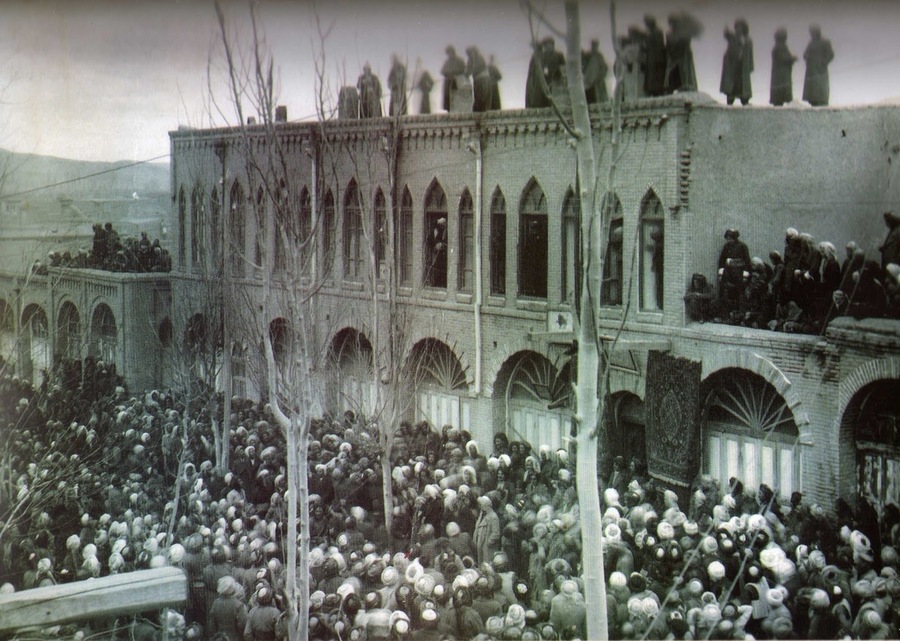After World War II, the powerful countries that won the war began to struggle with each other in order to take their share of the global war and tried hard to divide the world that was supposed to applying new policies, plans, and maps. One of the countries that attracted the attention of countries such as Britain and Russia throughout the nineteenth and twentieth centuries was Iran. For many reasons, Iran was of great importance to the great empires of the East and West. The presence of oil resources in the Caspian Sea, the Persian/Arab Gulf, the Oman Sea, and the Indian Ocean, the rich oil resources in southern and southwestern Iran, and many other factors were the reasons why Iran was important for great powers such as Russia and Britain.
After the outbreak of World War, Iran became one of the places where two world great powers faced each other and played their political and economic games. Although the Iranian monarchy had declared neutrality during World War II, Russian forces advanced from northern Iran and British forces from southern Iran, thus northern Iran was controlled by Russian forces and southern Iran fell under the control of the British forces. Interestingly, the Pahlavi state, which had a major role in the suppression of Iranian nations, did not react to the occupation of Iranian territory by Russia and Britain and as an incompetent regime watched the destruction of his various regions.
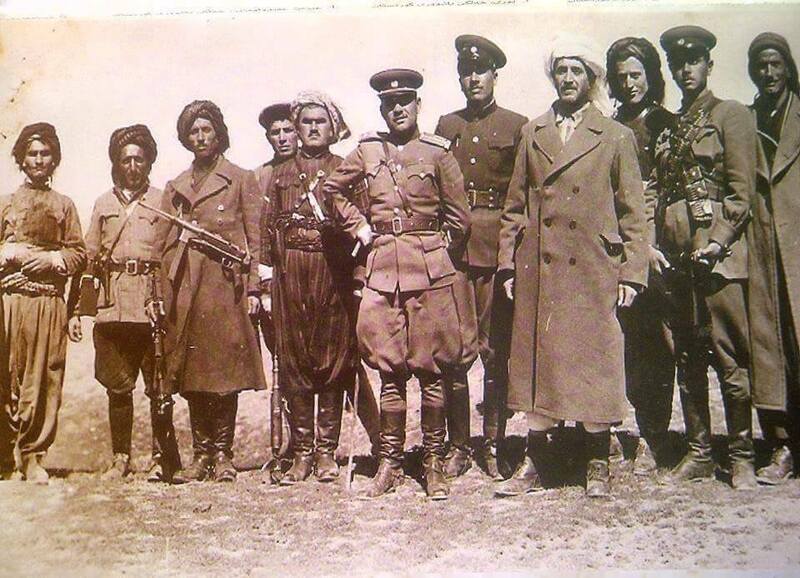
At that time, most parts of Iran were in turmoil and deep social problems. In a part of East Kurdistan that was geographically under Russian control, especially in Mukriyan and Mahabad, a group of intellectuals, politicians, and nationalist figures thought of establishing a form of self-government to save them from this situation.
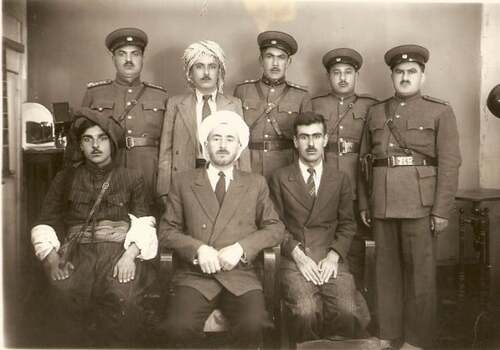
Therefore, five years before the Republic of Kurdistan, an association called the Kurdistan Revival Association or Zhekaf (JK) was established, in which scholars, politicians, and talented people from East Kurdistan became its members. Of course, initially, ethnic people from Mukriyan cities became members and agreed on a number of points, the most important of which are protecting the country, paying attention to the Kurdish language, trying to unite the Kurds, reaching an agreement with other parts of Kurdistan, etc. However, as the JK grew older, its ability to organize its members developed. They were trying to find themselves within a political party. Therefore, with the establishment of the Kurdistan Democratic Party of Iran and the selection of Qazi Mohammad as its secretary, the Kurdistan Democratic Party of Iran was established. After that, all political activists working with national sentiment in the region tried to use their strength and ability under the name of the Kurdistan Democratic Party and the leadership of Peshawa Qazi Mohammad in this way and plan for the management of East Kurdistan.
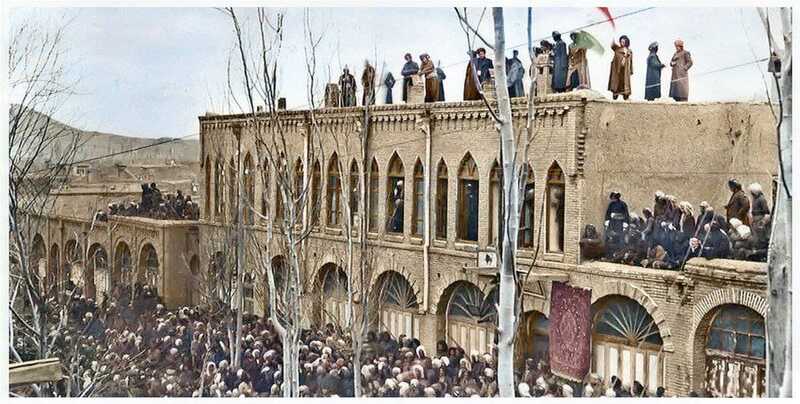
At the same time, a similar movement, called the Azerbaijani Party, was active in the Azerbaijan region. They tried to do something similar in Azerbaijan. In other words, the Azerbaijanis wanted to be active in shaping an entity with a Turkish identity. An entity with their own linguistic and national identity and to free their land from the thousand-year rule of the Persians and give it their own national identity. Both forces intensified the effort. From 1944 to 1945, the cooperation between the two forces became stronger and more coordinated.
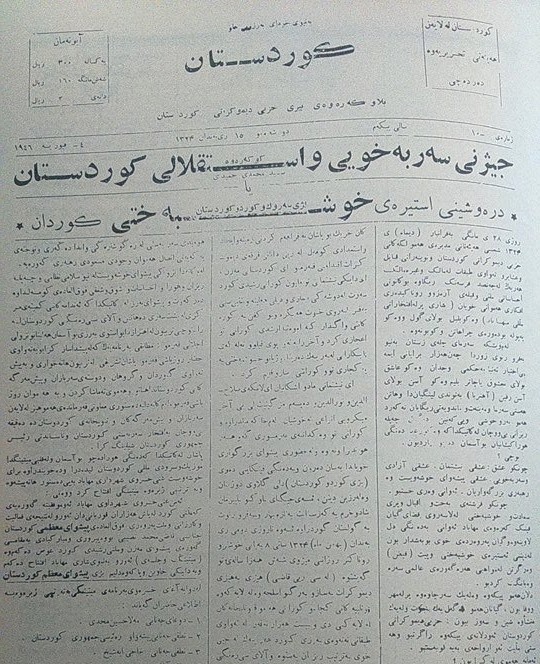
On January 22, 1945, the Kurdistan Democratic Party of Iran (PDKI) led by Peshawa Qazi Mohammad announced the establishment of the first Kurdish republic in Chwarchra Square of Mahabad.
The Republic of Kurdistan became the beginning of Kurdish statehood in the 20th century. The experience of the Republic of Kurdistan was a very rich, organized, and democratic experience that in the past century, has been able to be a good example for all the Kurdish forces still pursuing the dreams of the Kurdistan Republic. Although the Republic of Kurdistan did not last more than eleven months, as witnessed by all historical sources, the Republic of Kurdistan in its eleven months of existence was able to take a very big and important step to strengthen national thought and political institutions in Kurdistan.
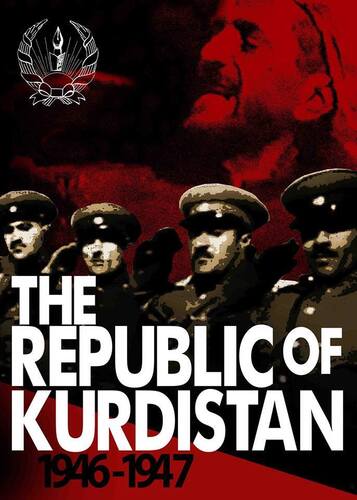
This has led many people to publish books and articles about the Kurdistan Republic. Among them, we can mention Yarvand Abrahamian, Jean Foran, and Archie Bald Roosevelt (the brother of the then US president). Theses and many other foreign writers have all praised the Kurds' experience in the Kurdistan Republic as a successful experience in governance.
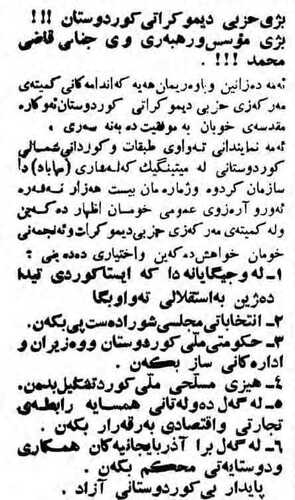
The members of the cabinet of the Kurdistan Republic were:
Prime Minister Haji Baba Sheikh
Minister of War Hama Hussein Khan Saif Qazi
Minister of Interior Mohammad Amin Mo'ini
Minister of Economy Ahmad Elahi
Minister of Posts and Telegraphs Karim Ahmadian
Minister of Culture Manaf Karimi
Minister of Propaganda Sadiq Haidari
Minister of Labor Khalil Khosrawi
Minister of Trade Haji Mustafa Dawoudi
Minister of Agriculture Mahmoud Walizadeh
Minister of Roads Smayil Ikhanizadeh
Minister of Health Sayyed Mohammad Ayubian
Ministerial Advisor Abdorrahman Ilkhanizadeh
Minister of Justice Mullah Hussein Majdi
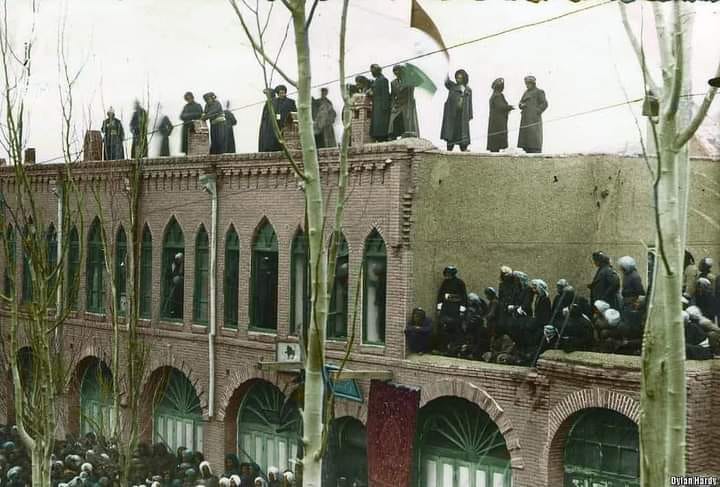
After the announcement of the Kurdistan Republic, the manifesto of the republic was gradually published. Some of the important provisions of the Declaration of the Republic are; Kurdish language was made the language of media, education, and administration. Elections were held for the Kurdistan National Assembly to oversee the state and social issues, but the short life of the republic did not allow for the implementation of this decision. All officials are selected from the people of their respective areas. The publication of Kurdish magazines and newspapers developed. A printing house and radio station were established in Mahabad. A tax system was regulated to finance the government. Education was made compulsory without discrimination between boys and girls and schools were opened for ethnic minorities such as Jews in their own language. Unity and brotherhood with the people of Azerbaijan were declared due to the composition population in some parts of Kurdistan. A law was drafted that would treat all classes and personalities equally.

